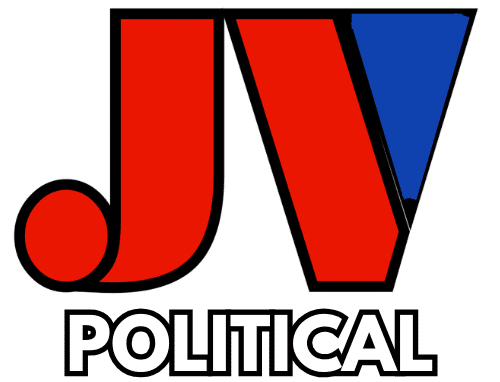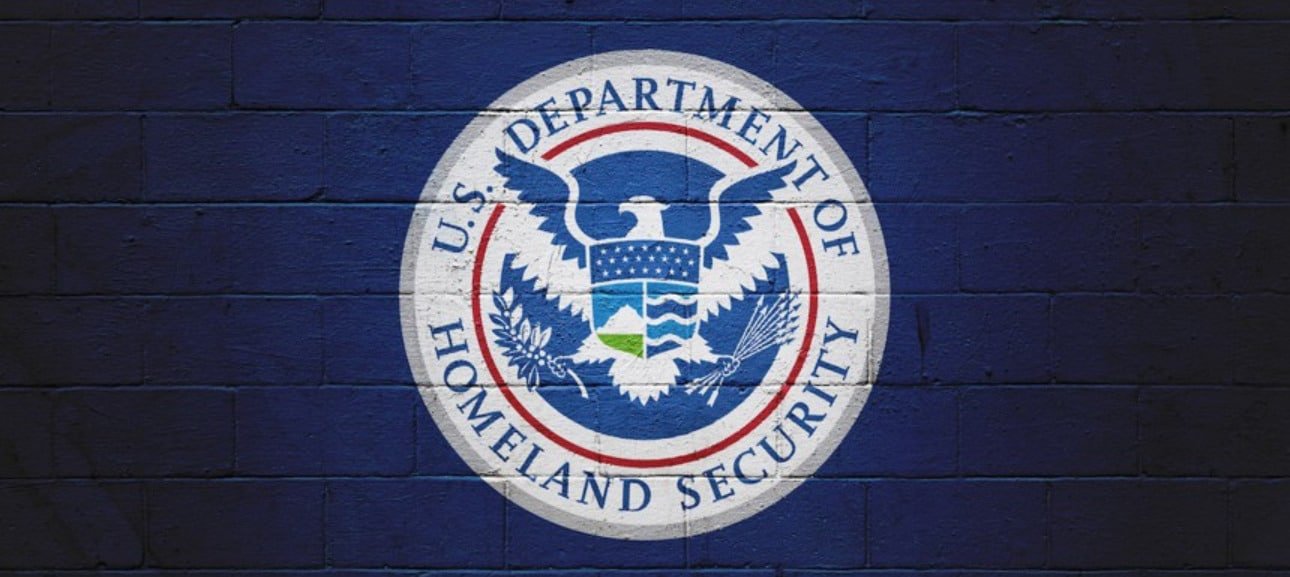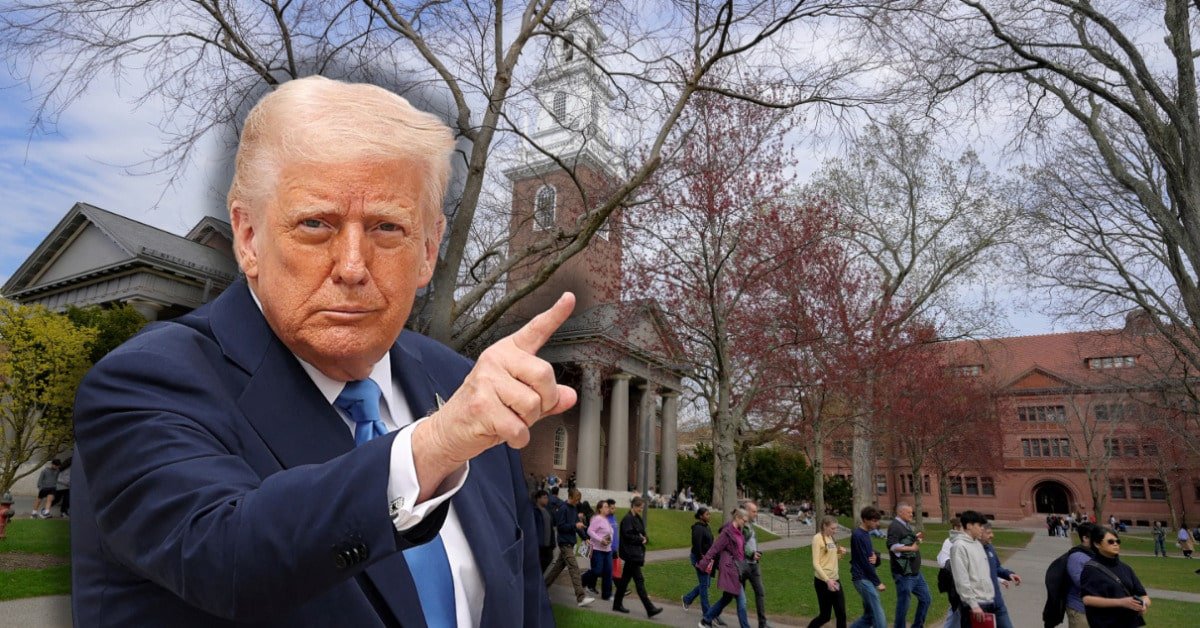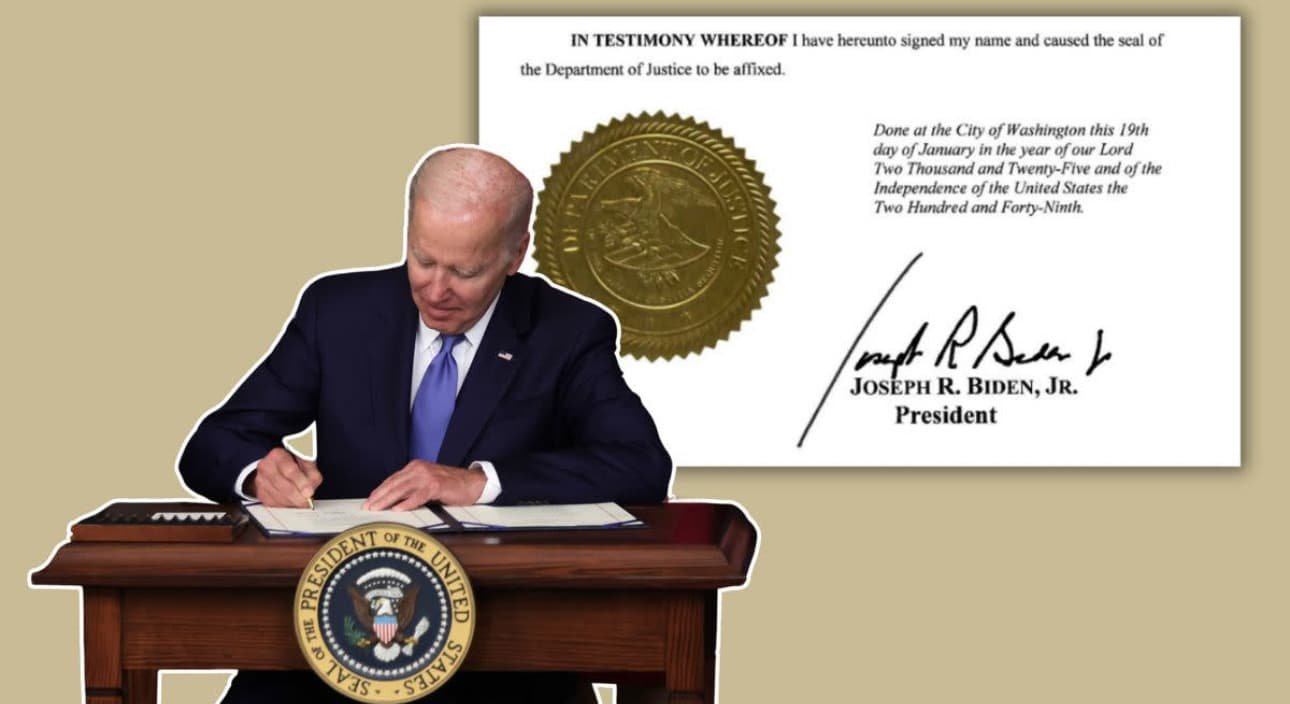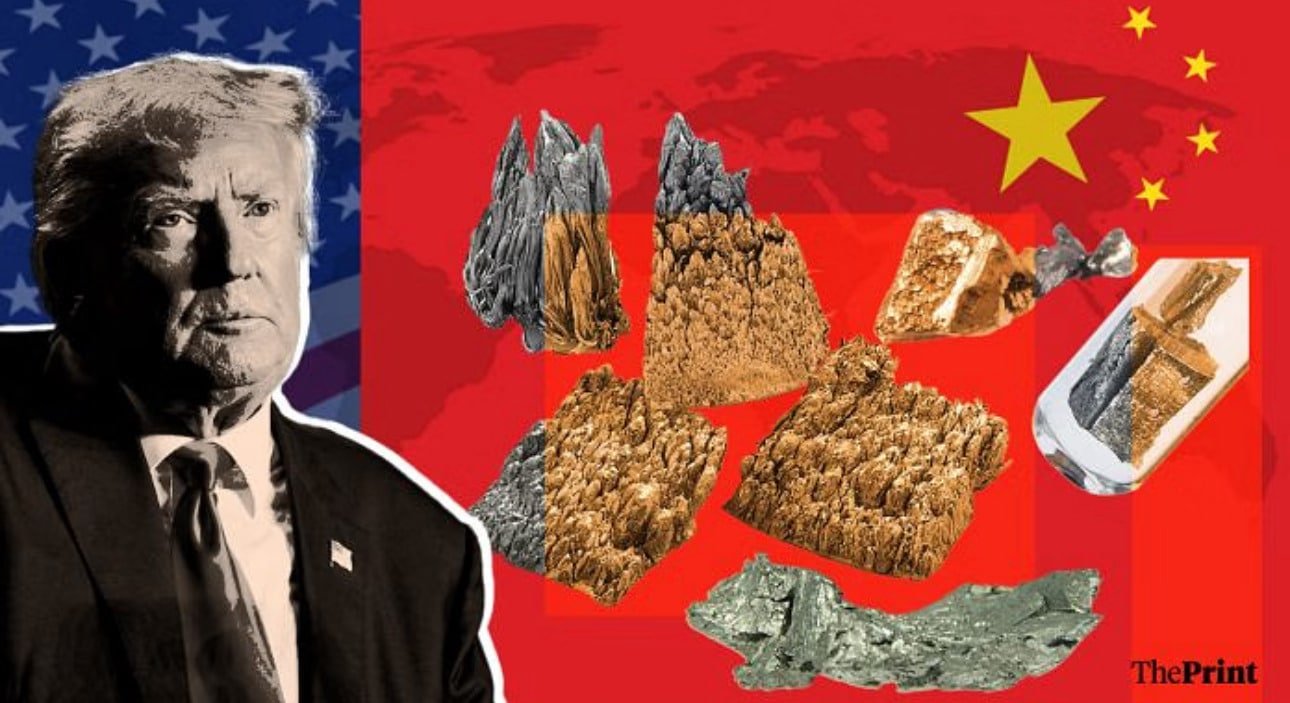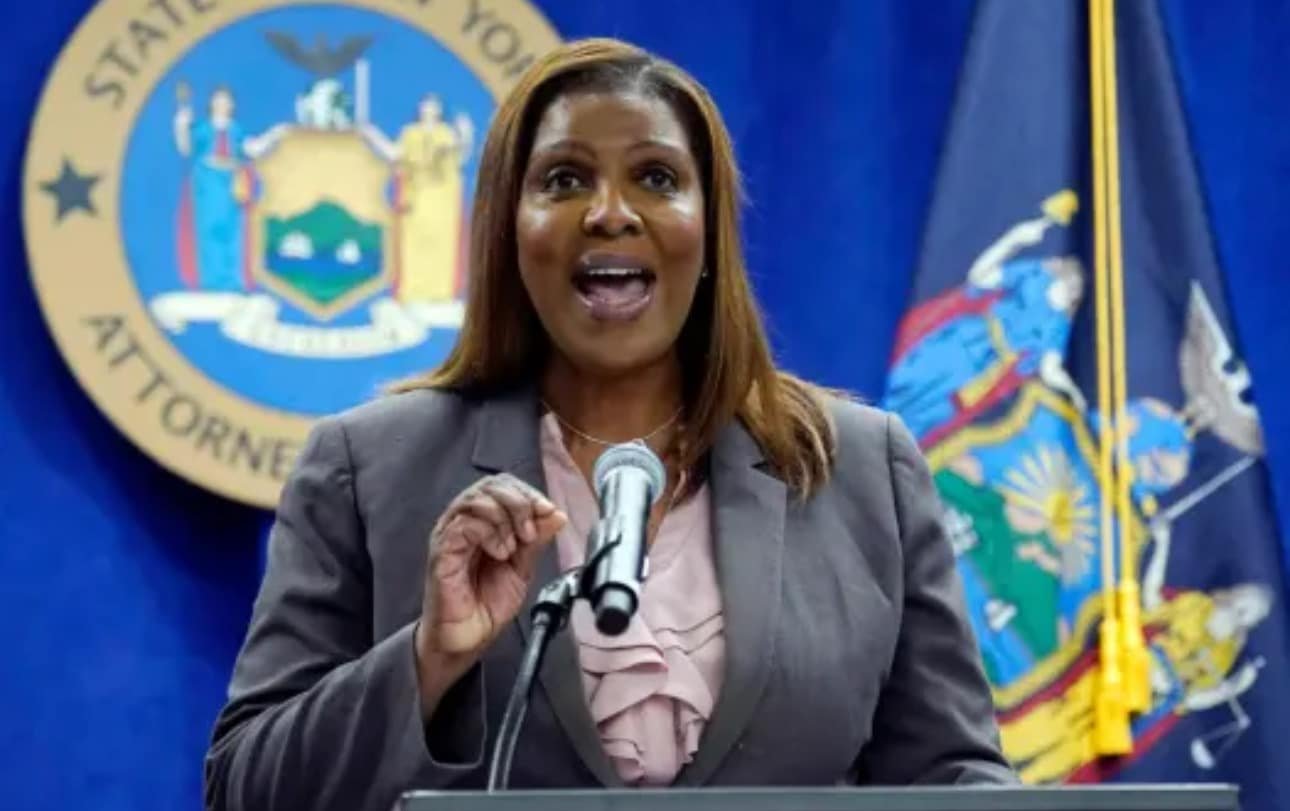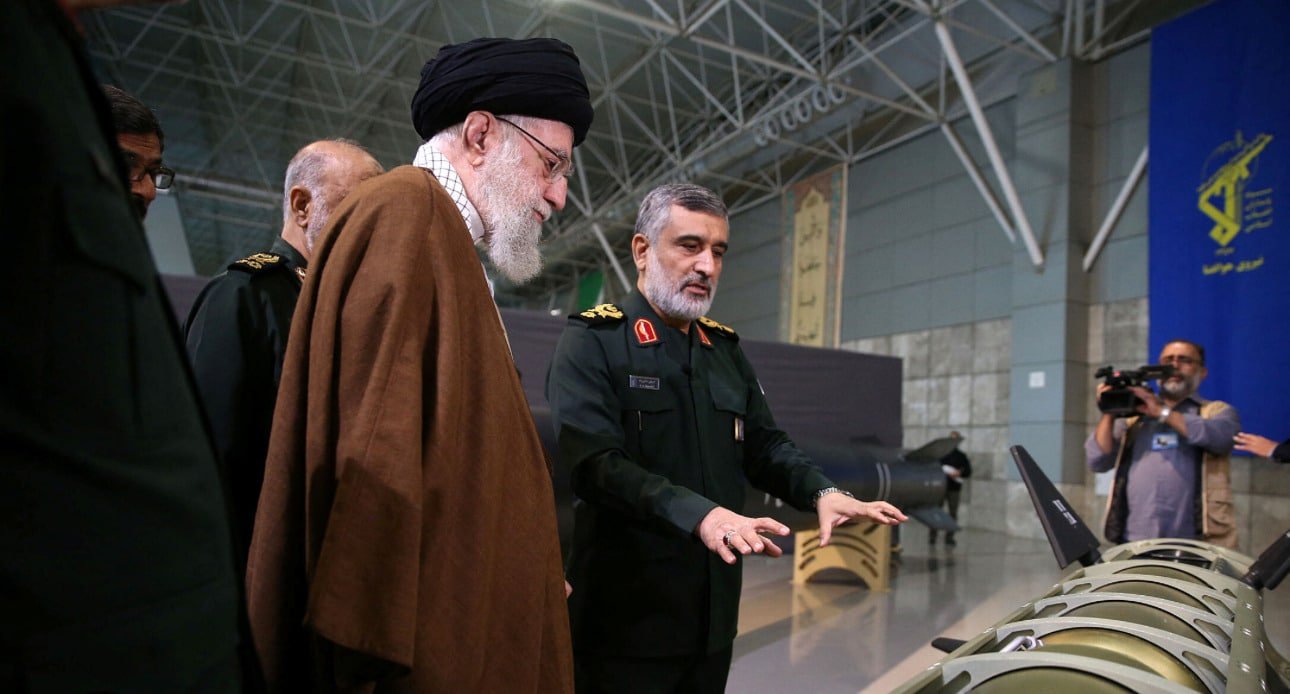BREAKING: Obama Appointed Judge Blocks DHS From Ending Legal Status for 532,000 4/11/25
The Trump administration initiative that sought to revoke temporary legal status for over half a million individuals from Cuba, Haiti, Nicaragua, and Venezuela will be blocked by a federal judge in Boston on Thursday.
Multiple media outlets reported U.S. District Judge Indira Talwani’s announcement to impose a stay on the Department of Homeland Security’s recent decision which ended the legal status for 532,000 individuals from four countries who participated in a humanitarian parole program expanded under the Biden administration.
The Department of Homeland Security announced in the latest Federal Register notice that the humanitarian parole program protecting people from four nations will cease April 24. DHS’s announcement extended President Donald Trump’s initiative to eliminate legal entry routes for undocumented individuals in the country.
Key Takeaways
- An Obama appointed judge has intervened to maintain legal status for 532,000 migrants.
- The ruling protects Venezuelan individuals facing the end of TPS.
- This decision highlights the role of the judiciary in overseeing executive branch actions.
- Judge Edward Chen’s ruling showcases the importance of legal challenges to DHS decisions.
- The outcome could set a precedent for future immigration policy disputes.
Overview of the Legal Ruling
A recent legal ruling by an Obama appointed judge has big implications for Venezuelan migrants. Judge Edward Chen’s decision to pause DHS’s efforts to end TPS highlights the dire situation for many. It shows how immigration policy affects communities across the U.S.
The Role of Judge Edward Chen
Judge Edward Chen was key in this lawsuit. He said ending TPS could cause *irreparable harm* to many. His ruling shows his dedication to protecting the rights of those affected, underlining the judiciary’s role in immigration law.
Context of the Lawsuit
The lawsuit, brought by the National TPS Alliance, claims DHS didn’t follow the law. It also raises concerns about racial bias in immigration actions. The case’s outcome could change how we talk about immigration policy and government accountability.
Obama Appointed Judge Blocks DHS From Ending Legal Status for 532,000
An Obama appointed judge made a big decision for Venezuelan migrants in the U.S. They blocked DHS from ending legal status for 532,000 people. This means about 350,000 Venezuelan migrants can stay in the U.S. without fear of deportation.
The Impact on Venezuelan Migrants
This ruling is a big relief for Venezuelan migrants. They face tough times in their home country. Many have built lives and communities in the U.S., helping the economy and society.
Keeping their Temporary Protected Status (TPS) shows America’s values of refuge and safety. It gives them a chance to escape desperate situations.
Potential Economic Consequences
Ending TPS would have big economic costs. People who have built homes, careers, and networks would face financial loss. The costs could be in the billions, affecting taxes, jobs, and welfare.
This ruling is not just a legal win. It also shows the economic value of these migrants. Keeping their legal status helps keep communities stable and prosperous.
The Political Landscape
The current political scene on immigration shows big differences in views and actions. Politicians and groups have strong opinions on temporary protected status (TPS). Some see it as a key way to help people in need, while others worry it might harm national security.
Responses from Politicians and Stakeholders
Politicians from all sides have strong views on TPS. Groups and experts stress the need for fair immigration rules. Supporters of TPS want to keep it to help those in crisis. Opponents, like those from the Trump administration, push for tighter controls.
This shows how hard it is to find a balance in immigration policies. It’s a mix of keeping people safe and helping those in need.
The Debate over Temporary Protected Status
The debate on TPS highlights the big differences in U.S. politics. The Biden administration wants to grow TPS, while the Trump administration tried to limit it. This shows how immigrant rights can change with each new government.
As talks go on, the role of TPS in protecting vulnerable groups is key. It’s a big part of the immigration reform conversation.
Conclusion
Judge Edward Chen’s ruling is a key moment in our immigration policy debate. The Obama appointed judge stopped the Department of Homeland Security (DHS) from ending the legal status of 532,000 migrants. This shows how important the judiciary is in protecting people’s rights against big government moves.
This ruling impacts not just the migrants but also our values of compassion and justice. It shows we must stand up for what we believe in, even when it’s hard.
The effects of this decision go beyond the courtroom. It shows we value treating everyone with respect, no matter their background. As we deal with immigration policy, we must hold onto our core values of freedom, fairness, and helping those in need.
These values are what make us a nation and guide our actions. We must keep fighting for these rights, for the people directly affected and for our country’s principles. Together, we support justice and freedom for all, working towards a fair society.
FAQ
What did Judge Edward Chen’s ruling entail?
Judge Edward Chen’s ruling stopped the Department of Homeland Security (DHS) from ending Temporary Protected Status (TPS) for about 532,000 migrants. This is a big win for Venezuelans, whose TPS was set to end.
What is Temporary Protected Status (TPS)?
Temporary Protected Status (TPS) lets people from certain countries stay in the U.S. temporarily. This is because their home countries are unsafe, like during wars or natural disasters.
How does this ruling affect Venezuelan migrants specially?
The ruling means around 350,000 Venezuelan migrants won’t have to leave the U.S. right away. It gives them a chance to keep living and working here, even with the troubles in Venezuela.
What are the broader implications of this ruling on immigration policy?
This ruling shows the courts can limit what the government does in immigration. It also shows a big divide in opinions on these issues.
How might this ruling influence the economy?
Judge Chen said ending TPS could hurt the economy a lot. It could cost billions because of lost jobs and more need for welfare.
What has been the reaction from political leaders regarding this ruling?
People have different views. Supporters see it as a way to protect the vulnerable. Critics, like the Trump administration, think it’s bad for national security.
How does this ruling relate to the ongoing political debate on immigration?
The ruling shows how hard it is to agree on immigration in America. It highlights the ongoing battle between different views on TPS and migrant rights.
What constitutes the basis for the lawsuit brought by the National TPS Alliance?
The lawsuit says DHS went too far and didn’t follow the law. It also talks about racial bias in immigration decisions.
